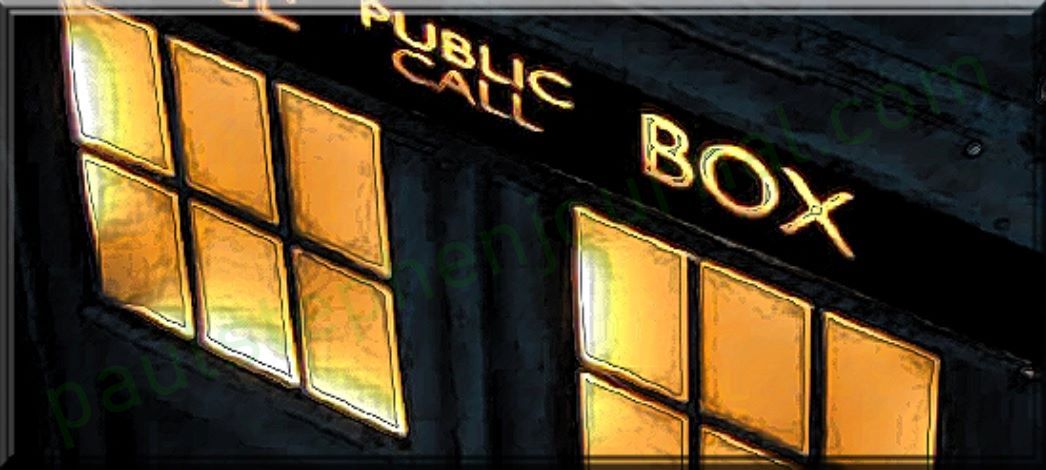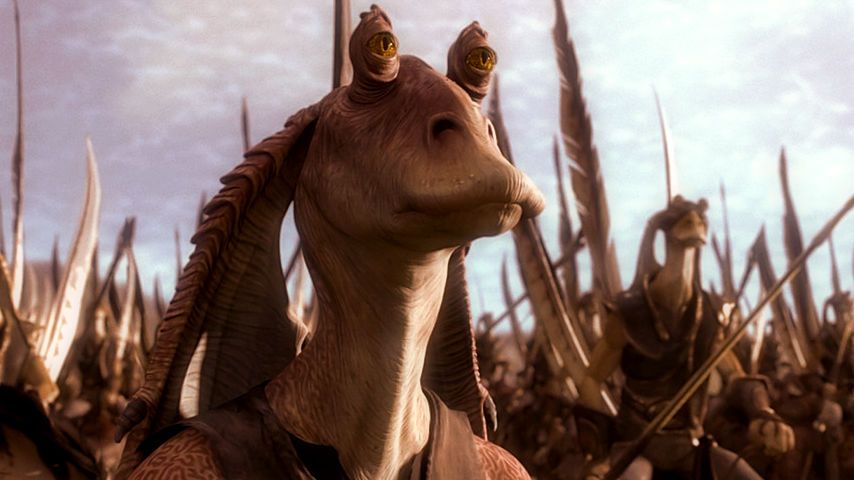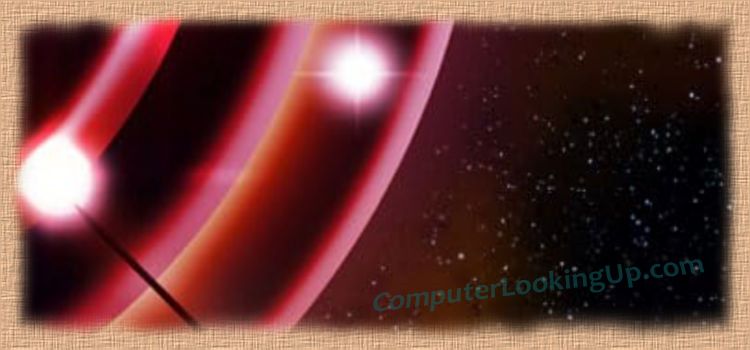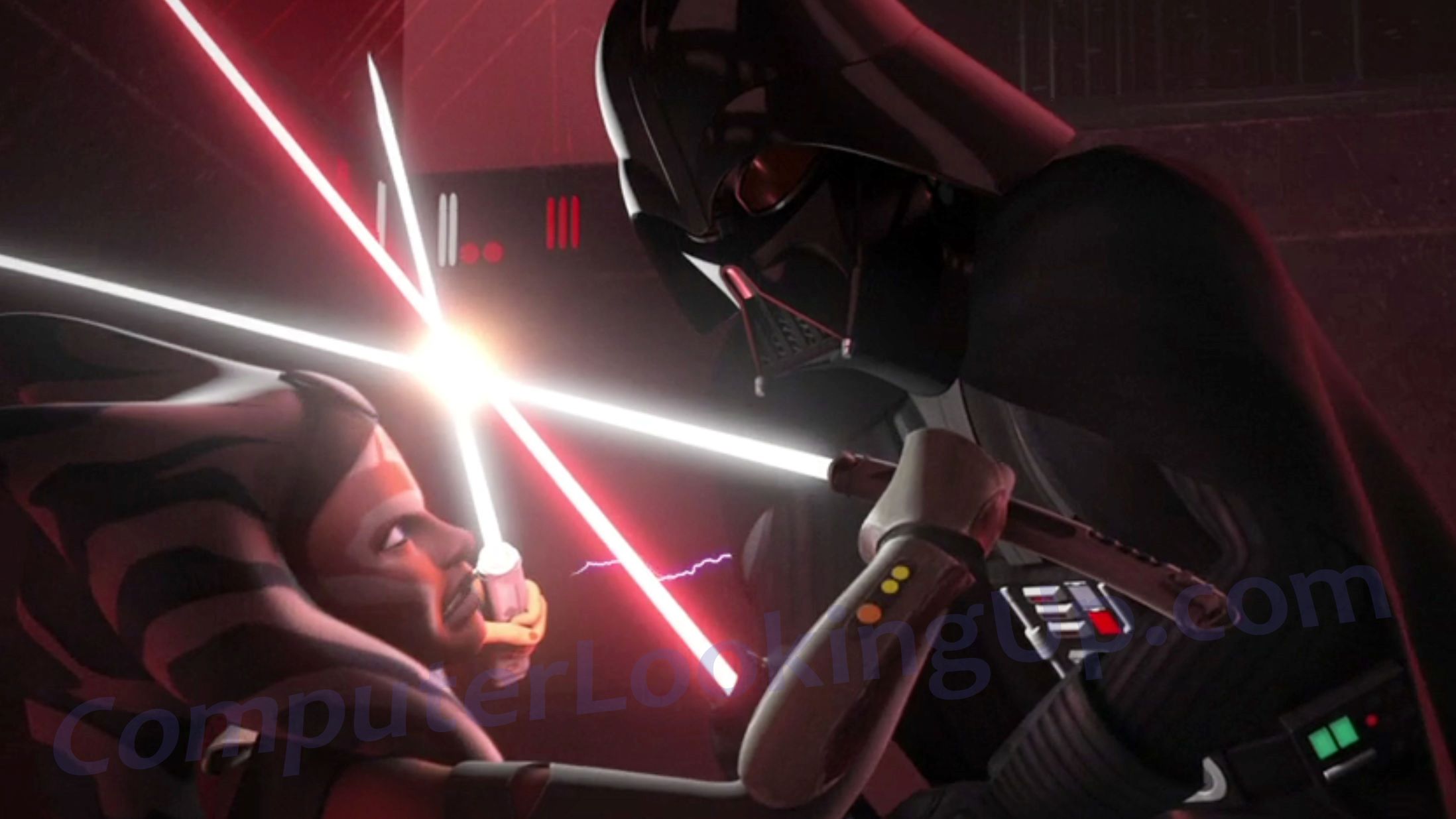Here is another tangent from my normal postings, but if you bear with me for a few paragraphs more, I promise to tie it back to astronomy.
I was, or I guess still am, a lifelong Doctor Who fan, though I stopped watching the series over a year ago. Apparently, a new Doctor actor was recently selected, which brings the series back to mind.
That this character could change physical shape and still be the same person was a brilliant way to keep the series alive for well past 50 years, minus about 15 years hiatus. We always felt a connection to the Doctor, the same person, no matter who the actor.
When I was young, I wondered what his last regeneration would be like, specifically his thirteenth (since Time Lords could regenerate twelve times). What would the Doctor be like, facing his own mortality? I thought they would be fascinating tales, to explore how such a long-lived character would react to and reconcile the approach of his final, impending death. Those potential stories, well into the future, captured my imagination.
The future and its potential never arrived, though, and probably never will. My Doctor Who bubble burst upon the absurd twist that the Doctor was now on his final regeneration early, “War Doctor” notwithstanding, and that the Time Lords, now deities, could bestow the gift of eternal life. The show kind of ended for me then as I realized there would be no final contemplation on the Doctor’s life and death beyond the terribly superficial rampant in “sci-fi” and fantasy today.
I and all longtime fans were robbed of this chance to learn the Doctor’s closing narrative. There will never be a final chapter now that the canonical nature of regenerations has been sent to oblivion. Once the Doctor would have passed, a successor could have certainly stepped in, be it a descendant, partner, or some other Time Lordy-type entity. The entertainment industry does not like death, beyond the ability to jump-start characters back to life. You cannot sell commercials or movie tickets when the best characters are forever dead in their fictitious realities. And so characters keep coming back on screen, compliments of genesis worlds, alternative timelines, and pagan mercy.
It is unfortunate that death is rarely explored sufficiently in genres related to science fiction, especially for the most beloved characters. The quest to understand, particularly the heavens, is intrinsically linked to the cosmos’s truth that all things expire in this universe. Stars form and fade, spectacularly at times. Planets are born and live, but will either burn up or crash into bigger objects, eventually. The energy of the universe will expire someday, when all stars have burned out and there are no light elements left, no hydrogen nor helium, sufficient to form new ones.
These are wonderful philosophical matters to ponder. It is just unfortunate that our society goes to such lengths to impede this exploration, be it light pollution blocking our night skies or through pulp stories watched on television.








